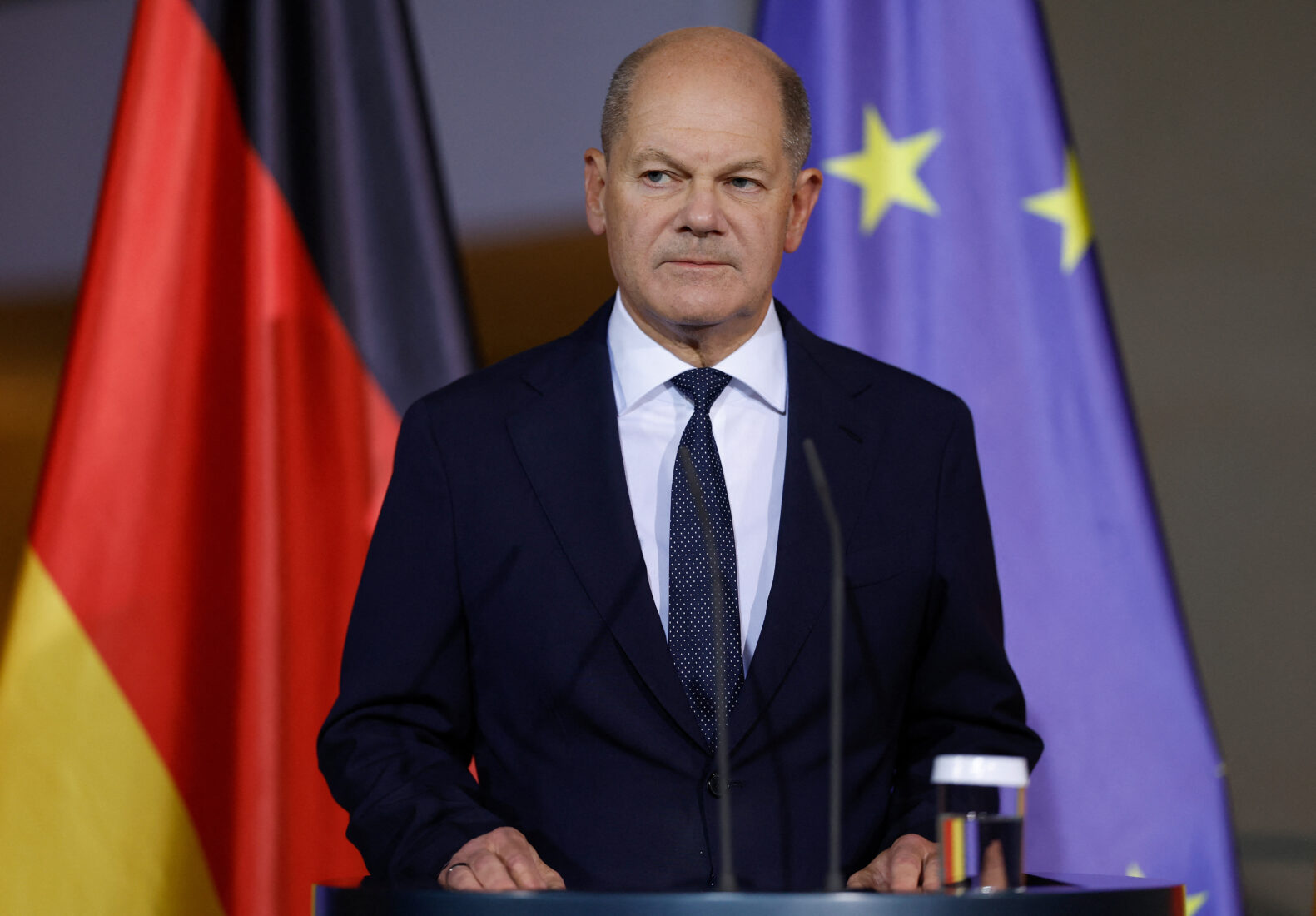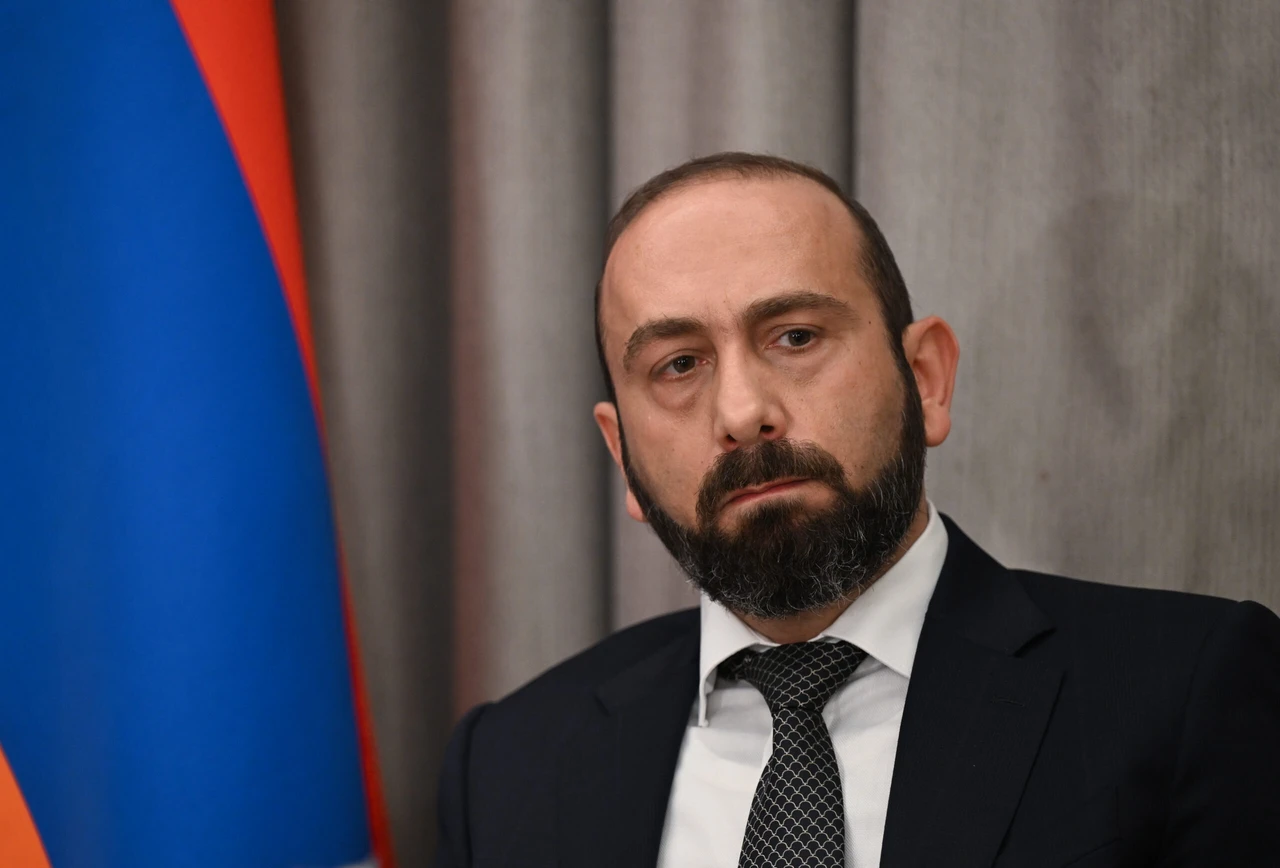Germany’s Scholz fires Finance Minister Lindner amid coalition crisis
 German Finance Minister Lindner (R) and Germany's Chancellor Scholz (L) at a press conference, Berlin, Germany, October 15, 2021. (AFP Photo)
German Finance Minister Lindner (R) and Germany's Chancellor Scholz (L) at a press conference, Berlin, Germany, October 15, 2021. (AFP Photo)
Germany’s Chancellor Olaf Scholz has dismissed Christian Lindner as finance minister after Lindner proposed snap elections to resolve the ongoing crisis within Germany’s governing coalition.
The decision follows a tense dispute between Scholz’s Social Democrats, Lindner’s Free Democrats, and the Greens, threatening to destabilize the three-party coalition government.
Scholz heads for vote of confidence
Meanwhile, Scholz said that he will seek vote of confidence in early January.
German Chancellor Olaf Scholz on Wednesday said amid a deep coalition crisis that he will seek a vote of confidence in January that could pave the way for early elections.
He said he planned to “ask for a vote of confidence so that the parliament can vote on it on January 15. This way, the members of the parliament can decide whether to clear the way for early elections”, which could be held by the end of March.
‘He has broken my trust’
German Chancellor Olaf Scholz said Wednesday he had sacked rebellious Finance Minister Christian Lindner because there was no longer any “basis of trust”, making it impossible to work together.
“He has broken my trust too often… Serious government work is not possible under such circumstances,” Scholz told a press conference.
Scholz convened urgent talks Wednesday to prevent a collapse of the fragile alliance, which has been struggling with discord over economic policies and budget allocations.
Lindner’s proposal to hold new elections comes amid mounting tensions over how to address Germany’s economic stagnation. He has pushed for sweeping economic reforms, including corporate tax cuts and relaxed climate regulations, which have been rejected by the Greens and the Social Democrats
Lindner’s increasingly vocal dissatisfaction with the coalition has raised fears that his exit could trigger snap elections, possibly in March, or leave Scholz to govern with a minority until the next elections in September.

‘Doing that is not an option’
“Doing nothing is not an option,” Lindner told reporters ahead of Wednesday’s negotiations. Scholz, seeking unity within the coalition, urged his partners to prioritize pragmatism over ideology, stressing that an agreement could still be reached.
Meanwhile, Vice Chancellor Robert Habeck of the Greens warned that the failure of the government would come at the “worst time” for Germany, given the challenges posed by the ongoing wars in Ukraine and the Middle East, as well as the country’s economic struggles. He emphasized the need for a functional government to address these issues.
Opposition leader Friedrich Merz of the CDU has called for immediate elections, arguing that continued infighting threatens Germany’s role in Europe. “Germany is important in Europe, and if the government can’t live up to that, it must make way now,” said Norbert Roettgen, a senior CDU lawmaker.
As the dispute continues, the government is facing pressure to finalize its 2025 budget plan, with no clear resolution in sight. Experts like Carsten Brzeski from ING Economics warn that the crisis is reaching a tipping point, potentially leading to the collapse of the coalition in the near future.



